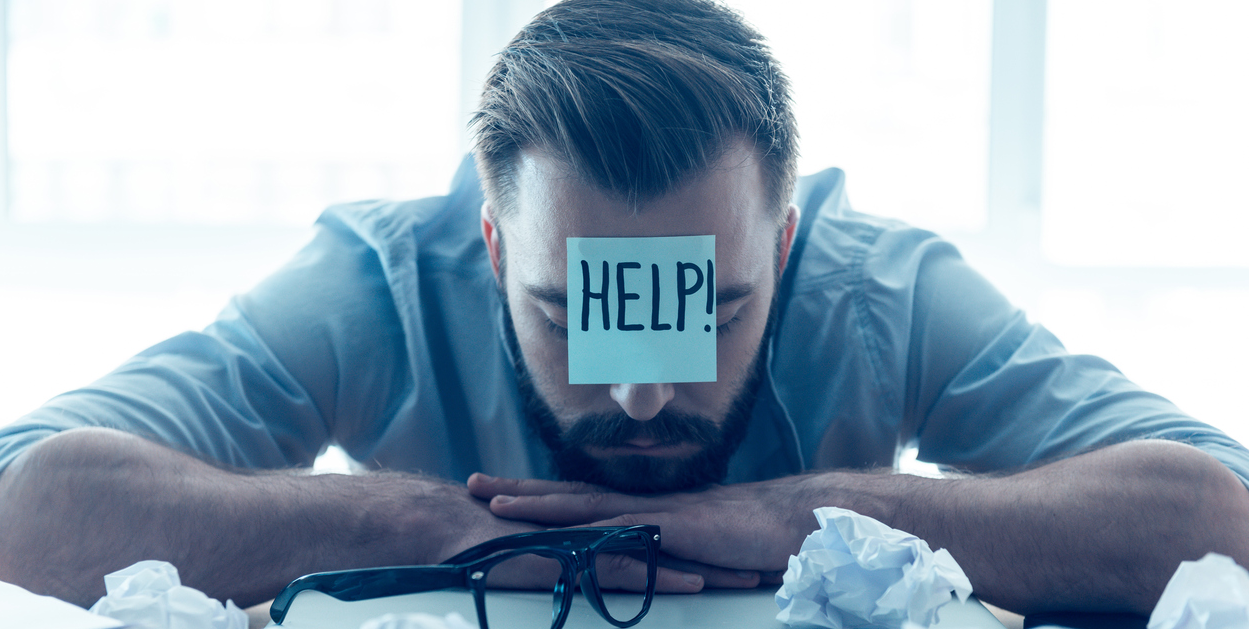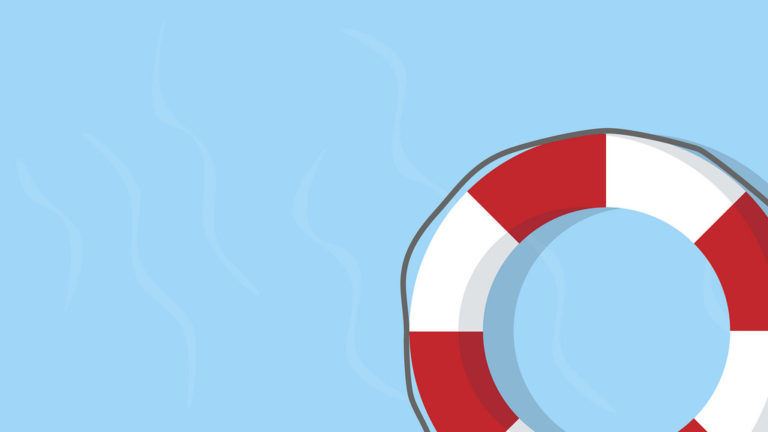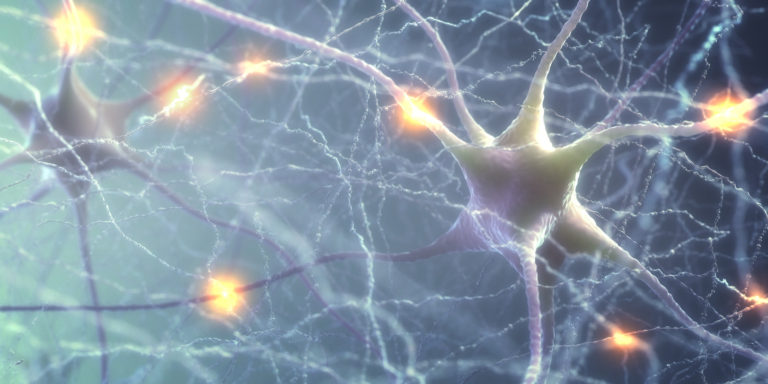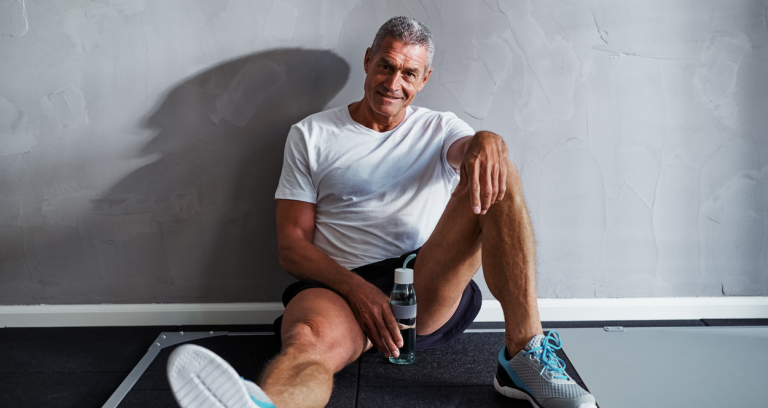A Guide To Mens Health Supplements Part 2: Stress
In this second part of my 4-part series on men’s health supplements guide, I’ll discuss how stress affects the male body, and what supplements you can take to minimize its damage.
You’re only as old as you feel. Right?
You’ve probably heard that expression and applied it to yourself many times. Sometimes you look across the room at a colleague and think they look a lot older than they are. Sometimes you look at yourself in the mirror and wonder the same thing! But how old are you really?
Age can be measured in two ways: chronologically and biologically.
Chronological age, the most common, is determined by counting the years between your birthday and now. Whereas biological age is determined by looking closely at the health and structure of our DNA. This can tell us if a person’s body is aging faster or slower than they should be. This is also sometimes correlated with old a person ‘feels.’
In many people, their biological age is older than their chronological age. A 30 year old man may have a biological age closer to 40, or even 50. How can this happen?
One of greatest causes of premature aging is long-term stress.
What Is Stress?
Stress can be defined as any force that pushes the body away from balance (homeostasis). This can be as simple as a change in temperature, as complex as worrying about financial stability, or as sudden as encountering a hungry bear.
The stress response is a complicated interplay of hormones in our body. Also known as ‘fight or flight, acute stress causes cortisol to be released from the adrenal glands which in turn cause a number changes in the body.
The effects of cortisol on the body include:
- Increases blood pressure to improve the delivery of blood into our small capillaries and boost muscle function
- Increases blood sugar levels to provide a surge of energy to the cells
- It slows digestive function to preserve precious energy
- It inhibits the immune system to allow the blood cells to flow more freely
- It heightens our awareness by causing surges of norepinephrine in the brain
All of these changes help us avoid danger, and preserve life in the short term.
If stress goes on for too long, we start to see long-term implications.
Long Term Side Effects Of Stress
The impact stress has on the body is phenomenal.
It speeds the rate at which our cells age, it dulls our homeostatic mechanisms responsible for keeping us in balance, and it increases our chances for developing disease states like heart disease, diabetes, or cancer. [1].
Long term stress can cause:
- Joint pain and discomfort
- High blood pressure
- High cholesterol levels
- Fatigue
- Increased fat deposits
- Lowered immunity
- Hormone imbalances
If this persists, we can even develop serious disease states as a result, including:
- Heart disease
- Hypertension
- Diabetes
- Cancer
- Andropause
- Autoimmune disease
- Frequent colds and flus
Herbs & Supplements For Stress
It’s easy to see how long term stress can negatively affect the body, and why it’s so important to keep the stress response under wraps.
Fortunately, there are a lot of health supplements a man can take to reduce the negative impacts stress has on the body, and to improve the bodies natural ability to resist stressful events.
Here are a few of my favorites:
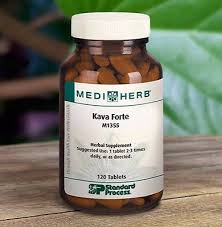 1. Kava (Piper methysticum)
1. Kava (Piper methysticum)
Main Benefit: Useful for remaining calm during stressful conditions.
Kava is a tropical herb originating from various Pacific Islands.
It’s best known for its ability to turn down the stress response and is often used to treat anxiety and insomnia.
It works by stepping on the brake pedal connected to our nervous system. It slows us down to escape the fight or flight response. This gives the body a chance to repair and restore itself. It also has the benefit of calming overactive nerves, allowing us to keep a calm composure under stressful conditions— excellent for board meetings or work reviews!
Kava is an excellent health supplement for men who have to perform calmly under pressure or who are under a lot of stress at home or at work.
 2. St John’s Wort
2. St John’s Wort
Main Benefit: Potent natural antidepressant.
St John’s Wort is a small yellow flower found growing near swamps and streams.
It’s considered by many herbalists to be the most effective antidepressant and antianxiety herb on earth.
It works in a similar way to the pharmaceutical antidepressant drugs known as SSRIs. It increases serotonin levels in the brain, resulting in an increase in mood, concentration, and motivation. CAUTION: Do not use in conjunction with prescription anti-depressant medications.
St John’s Wort is great for men suffering from emotional stress, such as the loss of a loved one, relationship problems, or financial hardship.
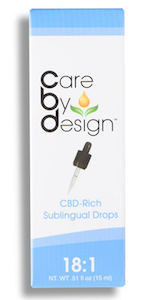 3. Marijuana (CBD)- Capsule or sublingual
3. Marijuana (CBD)- Capsule or sublingual
Main Benefit: Promotes balance in the neurological system. Lowers anxiety.
Most people are aware of marijuana for its psychoactive effects, but not many understand the true medicinal benefits this plant has to offer.
The chemicals in marijuana work by modulating a set of receptors found naturally in the body called the “endocannabinoid receptors”. These receptors are found inside the cells, and are used to control homeostasis (balance) throughout the body. One of the most important parts of homeostasis is the stress response. [6].
Cannabis contains as many as 60 cannabinoids which are considered the active constituents of the plant. Out of all of these cannabinoids, CBD is the granddaddy of them all.
It’s excellent for turning down hyperactive states like stress or anxiety.
CBD is so effective for regulating stress and homeostasis, it’s become a popular medication for epilepsy patients, which are notorious for their inability to maintain neurochemical balance in the brain.
As a supplement cannabis extracts containing CBD can reduce pain and inflammation, improve sleep, and protect the stress control center (hypothalamus) in the brain from daily wear and tear.
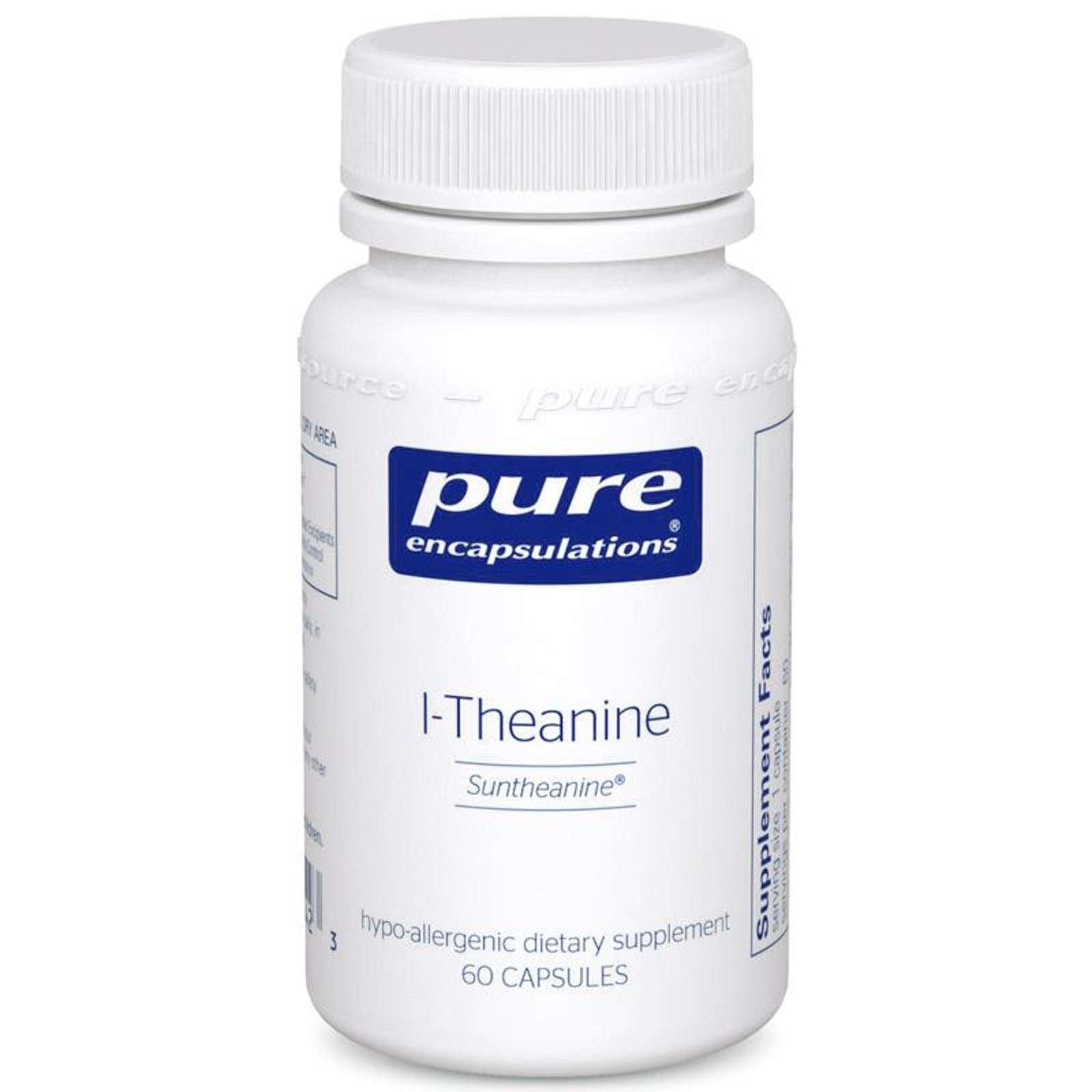 4. L-Theanine
4. L-Theanine
Main Benefit: Reduces the negative effects of coffee and slows down the overstimulation associated with stress.
If not for a few species of fungi, L-Theanine would be exclusive to the leaves of the tea plant (Camellia sinensis).
L-Theanine is an amino acid enantiomer, which basically means it’s the mirror image of another common amino acid. This is sort of like your right and left hands- they’re the same in every way aside from being mirror images of each other.
L-theanine is the left hand of the amino acid, L-glutamic acid, which is used to produce the neurotransmitter glutamate. [5].
Glutamate is the primary stimulating neurotransmitter in the brain. When we’re in fight or flight mode, glutamate is firing on all cylinders.
L-Theanine works by binding to the glutamate receptors without causing the stimulating effects. It can therefore block the receptors from activation by glutamate, slowing down hyperactivity and stress. [5].
L-theanine is an excellent daily supplement for reducing stress levels in men. It improves cardiovascular function to lower blood pressure, reduces mental overstimulation, and improves concentration and focus.
L-Theanine goes especially well with coffee because it reduces many of the negative side effects of the caffeine like anxiety and jitteriness.
 5. Magnesium
5. Magnesium
Main Benefit: Drives energy production and relaxes stress-induced muscle tension.
Magnesium is one of the most important minerals in the human body. It’s involved with well over 300 different enzymatic reactions and is essential for energy metabolism.
Magnesium is required by our muscle fibers to relax.
When we become stressed, our body burns a lot of energy. In order to burn this energy, we also use up a lot of our stored magnesium.
When magnesium levels begin to drop, we can develop headaches, muscle cramps, muscle tension, fatigue, and difficulty concentrating.
We can also deplete magnesium when we exercise, or if we don’t eat enough vegetables in our diet. In the modern world, magnesium deficiencies are becoming increasingly common in both men and women due to depletions of magnesium in the soil we grow our foods in, and the increased levels of stress most people experience on a daily basis.
For this reason, it’s recommended that most men take some form of magnesium supplement. The best time to take it is an hour before bed. This is because it can also offer dramatic improvements on our sleep quality if taken prior to bed.
Our body uses the time when we are asleep to repair and restore. By supplying it with magnesium during this time, we can help our muscles relax and repair themselves, replenish neurotransmitter levels and nerve cells, and perform essential maintenance on our cardiovascular system, joints, and bones.
References
- Finkel, T., & Holbrook, N. J. (2000). Oxidants, oxidative stress and the biology of ageing. Nature, 408(6809), 239.
- Galland, L. (1993). Magnesium, stress and neuropsychiatric disorders. Magnesium and trace elements, 10, 287-287.
- Altura, B. M., & Altura, B. T. (1974). Magnesium and contraction of arterial smooth muscle. Microvascular research, 7(2), 145-155.
- Ma, J., Folsom, A. R., Melnick, S. L., Eckfeldt, J. H., Sharrett, A. R., Nabulsi, A. A., … & Metcalf, P. A. (1995). Associations of serum and dietary magnesium with cardiovascular disease, hypertension, diabetes, insulin, and carotid arterial wall thickness: the ARIC study. Journal of clinical epidemiology, 48(7), 927-940.
- Juneja, L. R., Chu, D. C., Okubo, T., Nagato, Y., & Yokogoshi, H. (1999). L-theanine—a unique amino acid of green tea and its relaxation effect in humans. Trends in Food Science & Technology, 10(6-7), 199-204.
- Crippa, J. A. S., Derenusson, G. N., Ferrari, T. B., Wichert-Ana, L., Duran, F. L., Martin-Santos, R., … & Filho, A. S. (2011). Neural basis of anxiolytic effects of cannabidiol (CBD) in generalized social anxiety disorder: a preliminary report. Journal of Psychopharmacology, 25(1), 121-130.
- Sarris, J., Kavanagh, D. J., Byrne, G., Bone, K. M., Adams, J., & Deed, G. (2009). The Kava Anxiety Depression Spectrum Study (KADSS): a randomized, placebo-controlled crossover trial using an aqueous extract of Piper methysticum. Psychopharmacology, 205(3), 399-407.

